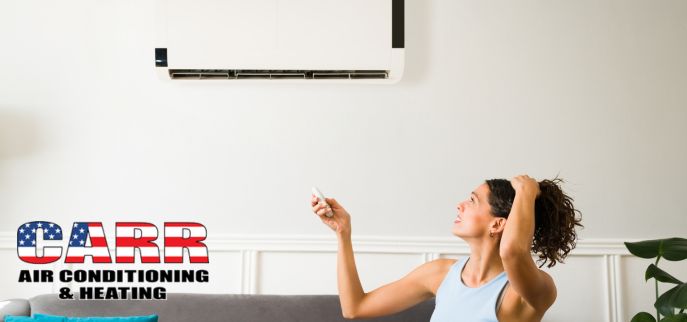Common Reasons Why an AC Won’t Turn On
When the summer heat is at its peak, a malfunctioning air conditioner can quickly turn from a minor inconvenience to a critical comfort issue in your home or office. If your AC won’t turn on, it’s important to address the problem swiftly to restore your environment to a comfortable temperature. This blog post will explore common reasons why air conditioning units fail to start and provide insight on when to call for a professional repair.
1. Tripped Circuit Breaker
One of the most common and least alarming reasons your AC unit may not be powering up is a tripped circuit breaker. Air conditioners require a significant amount of power to operate, and if the system is overloaded, it may trip the circuit breaker as a safety precaution. Check your home’s electrical panel and reset any tripped breaker related to the AC system. If it trips again, this could indicate a more serious electrical issue, and you should consult a professional.
2. Thermostat Issues
The thermostat is the command center for your air conditioning system. If it’s not working correctly, your AC unit won’t receive the signal to turn on. First, ensure that the thermostat is set to the cooling mode and that the set temperature is lower than the current room temperature.
If your thermostat is battery-operated, try replacing the batteries to see if this resolves the issue. Faulty wiring or a broken thermostat might also be the culprit, requiring professional intervention.
3. Dirty or Clogged Filters
A dirty air filter can severely hinder your AC unit’s functionality. If the filter is clogged, airflow is restricted, which can lead to a variety of issues, including preventing the unit from turning on. Regularly check and replace the air filters in your AC unit according to the manufacturer’s recommendations. This simple maintenance not only helps in preventing operational issues but also enhances the air quality in your home or office.
4. Condensate Drain Line Blockage
Most air conditioners have a built-in safety switch that shuts off the unit if the condensate drain line is blocked. This prevents water from backing up and causing damage to the system or your property. If you suspect a blockage, you may be able to clear it yourself, or you might need to call a professional to safely remove the clog and ensure the line is clear.
5. Refrigerant Issues
Low refrigerant levels can cause your AC unit to malfunction or not turn on. Refrigerant issues often stem from leaks in the system, which need to be professionally diagnosed and repaired. Operating an AC with low refrigerant can cause further damage to the unit, so it’s important to address this issue promptly.
6. Capacitor or Compressor Failure
The capacitor kick-starts the compressor, and the compressor is essential for the refrigeration cycle that cools your home or office. If either of these components fails, your AC unit may not turn on. Signs of these failures include a humming sound from the AC unit or no sound at all when you try to turn it on. These components require professional repairs or replacement.
When to Call a Professional
While some issues, like a tripped breaker or dirty filter, can be resolved without expert help, many air conditioning problems should be addressed by a certified technician. Professional AC repair services can provide a comprehensive diagnosis and safe, effective solutions that extend the life of your unit and ensure it’s working optimally.
Contact Carr AC for AC Maintenance and Repair Services
If your AC won’t turn on, it’s essential to diagnose the issue promptly to avoid prolonged discomfort. By understanding the common issues outlined above, you can take quick steps to troubleshoot your system and decide when it’s time to call in the experts. Remember, regular maintenance and repair are key to preventing many of these issues and keeping your air conditioning system in peak condition.

